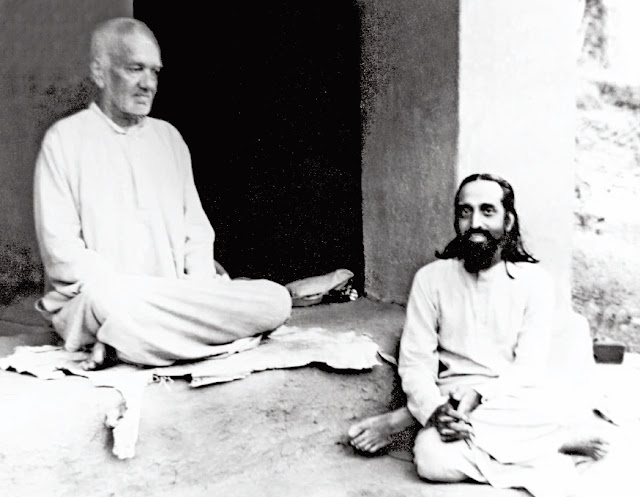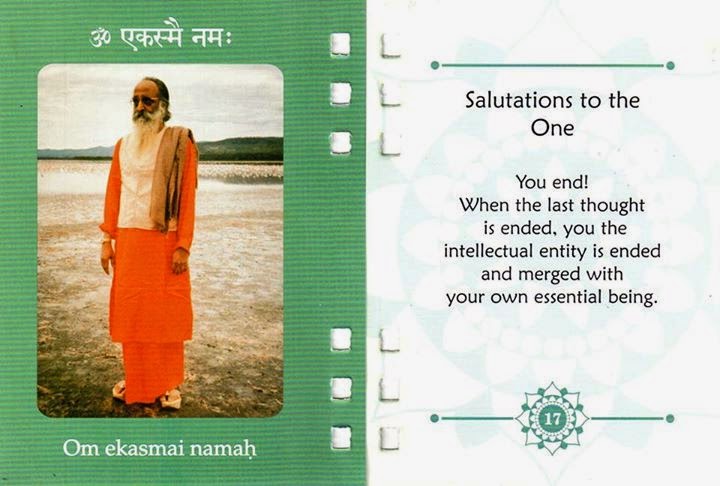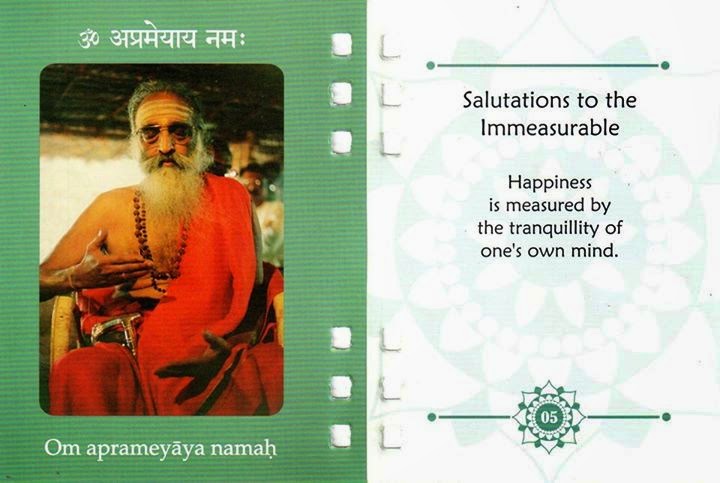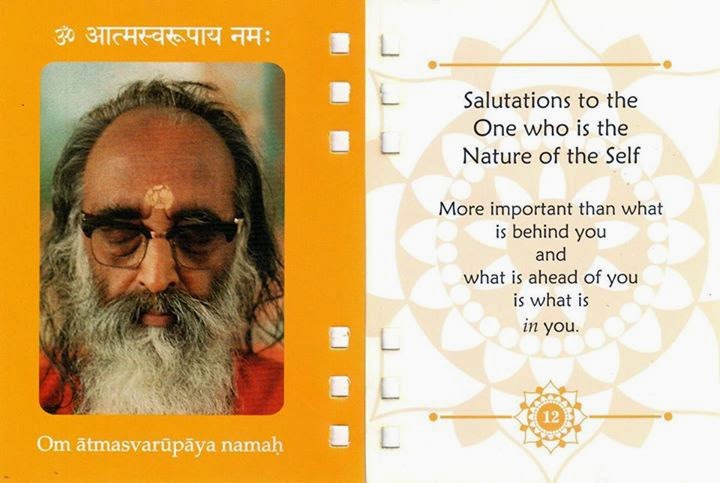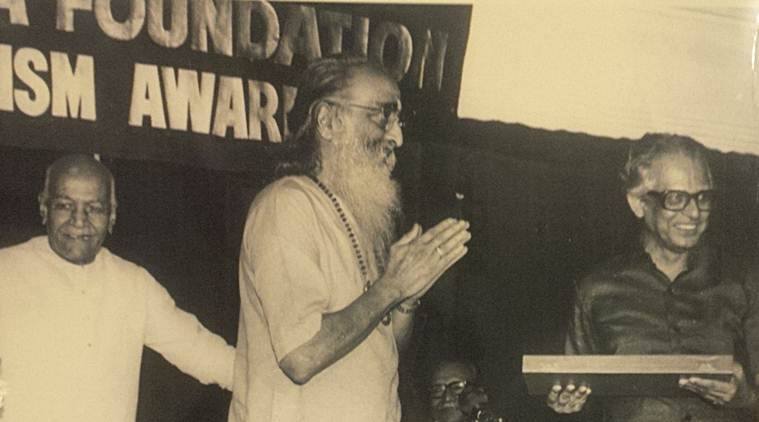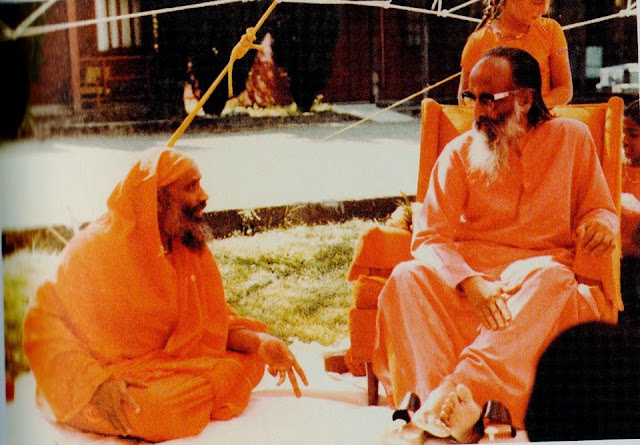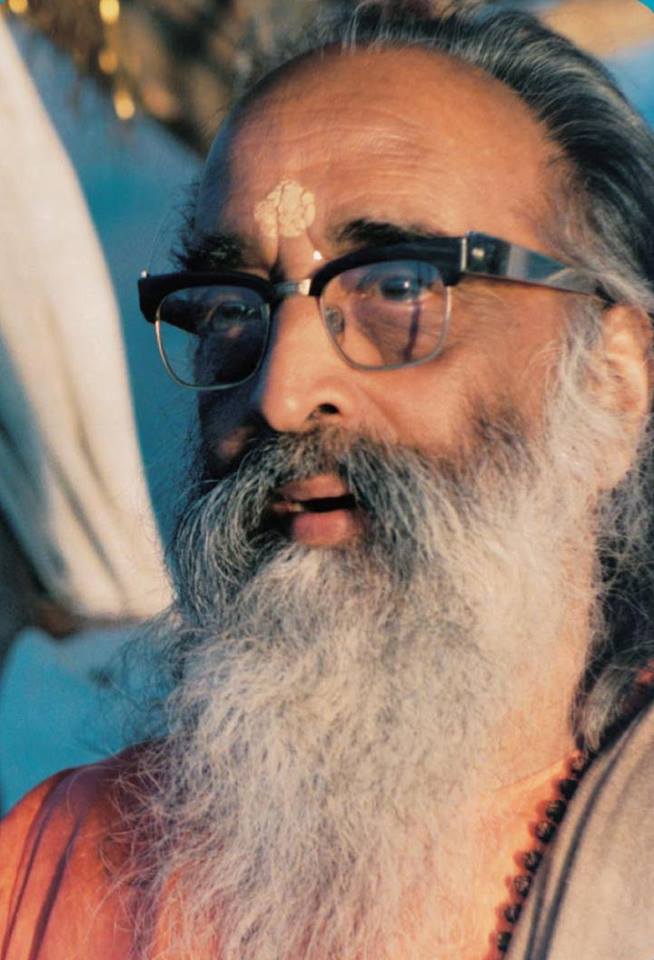MUNDAKOPANISHAD : CHAPTER-3. SECTION-2. MANTRAM-2.{ "Cessation of cycle of re-birth through desireless-ness." }

MUNDAKOPANISHAD CHAPTER-3. SECTION-2. MANTRAM-2.{ "Cessation of cycle of re-birth through desireless-ness." } Discussion--7. " Summation ".... Here in the Sruti, the great Rishi-s, when they talk of the " State of Desirelessness," - - mean that state of full and conscious "AWARENESS," in which the individual has no more any regrets at not having things which he should desire for because, with knowledge, all ignorance ends and also because - - "where there is no ignorance, there desires cannot erupt." In short, according to the textures of our desires, we ...




